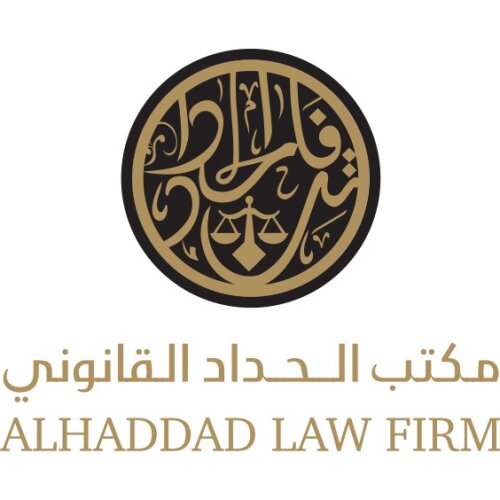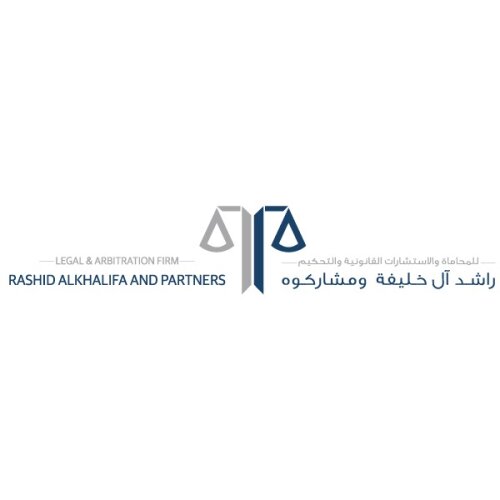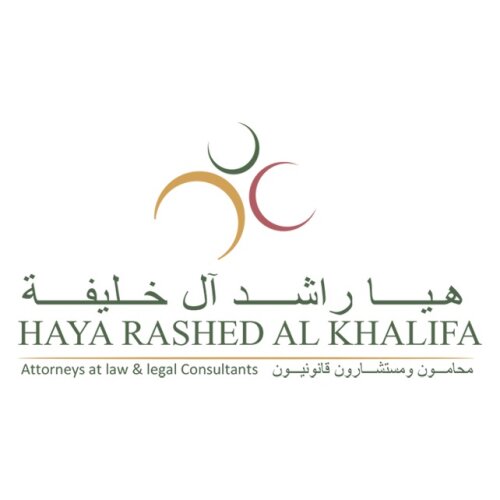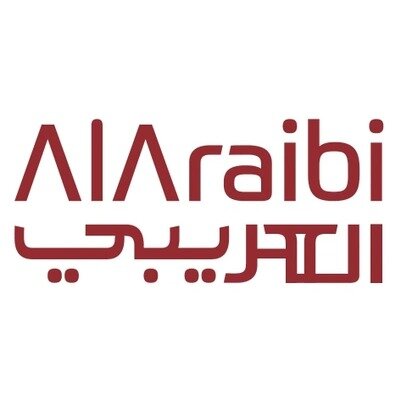Best ESG Advisory & Compliance Lawyers in Bahrain
Share your needs with us, get contacted by law firms.
Free. Takes 2 min.
Or refine your search by selecting a city:
List of the best lawyers in Bahrain
About ESG Advisory & Compliance Law in Bahrain
Environmental, Social, and Governance (ESG) Advisory & Compliance refers to strategies and legal requirements businesses must follow to operate responsibly in today’s global economy. In Bahrain, ESG laws and guidelines are designed to align companies with best practices in environmental conservation, social responsibility, and transparent governance. The Central Bank of Bahrain (CBB), governmental agencies, and stock exchanges have introduced initiatives encouraging ESG reporting and compliance. This is especially important for listed companies and those seeking to attract international investment. The landscape is continually evolving as authorities emphasize sustainable growth and accountability.
Why You May Need a Lawyer
Navigating ESG regulations can be complex, especially for businesses unfamiliar with local requirements and international standards. Here are some situations where seeking legal help is vital:
- Setting up ESG reporting frameworks for compliance with Bahraini or international investors.
- Conducting due diligence on mergers, acquisitions, or investments to assess ESG risks.
- Drafting and reviewing company policies related to environmental protection, labor rights, and anti-corruption measures.
- Responding to regulatory investigations related to ESG non-compliance or stakeholder complaints.
- Training management and staff on ESG-related laws and ethics.
A lawyer specializing in ESG can help you understand your obligations, avoid pitfalls, and enhance your company’s reputation while meeting regulatory standards.
Local Laws Overview
Bahrain’s approach to ESG is shaped by regulatory measures, the CBB’s directives, the Bahrain Bourse’s ESG Reporting Guide, and government-led sustainability initiatives. Key aspects include:
- Environmental: Regulations focus on waste management, pollution control, and sustainable resource usage. Businesses may require permits and are expected to minimize their environmental footprint.
- Social: Bahraini labor laws protect workers’ rights, ensure safe workplace conditions, and prohibit discrimination. Equal opportunities and supporting local communities are prioritized.
- Governance: Companies must adhere to transparency, anti-corruption policies, board diversity, and ethical business practices. Listed companies are encouraged to disclose governance structures and practices.
The regulatory environment is rapidly advancing, with increased expectations for regular ESG disclosures and stakeholder engagement.
Frequently Asked Questions
What does ESG mean for businesses in Bahrain?
ESG stands for Environmental, Social, and Governance. It represents standards and practices for companies to operate responsibly in ways that meet local legal requirements, attract investment, and manage risks.
Are ESG disclosures mandatory for Bahraini companies?
For listed companies, ESG disclosures are increasingly expected and may become mandatory. The Bahrain Bourse has issued a guidance note to encourage such reporting, and certain financial institutions must follow the Central Bank’s requirements.
What are the risks of not complying with ESG regulations?
Non-compliance can lead to regulatory penalties, reputational damage, restricted access to funding, and potential civil or criminal liability depending on the violation.
Which agencies oversee ESG compliance in Bahrain?
The Central Bank of Bahrain, Ministry of Industry and Commerce, and the Bahrain Bourse play significant oversight roles, depending on the sector and company type.
How often do I need to report ESG factors?
Reporting timelines depend on specific regulatory or exchange requirements, but annual reports with updates are common for listed companies.
Do small businesses need to comply with ESG regulations?
While smaller businesses may not be directly regulated, investors, partners, or clients may expect some level of ESG compliance, especially if they are part of a supply chain for larger or international clients.
How can a lawyer assist with ESG compliance?
A lawyer can assess your business’s obligations, develop compliance strategies, draft documents, train staff, and support you in case of disputes or investigations.
What types of policies should my company have for ESG?
Companies should consider policies on environmental management, workplace health and safety, anti-discrimination, data privacy, anti-corruption, and transparent governance.
Is ESG relevant to family-owned businesses?
Yes, ESG is important for risk management, succession planning, and unlocking new markets or external financing, even for family businesses.
Can investors demand ESG information from my company?
Yes, local and international investors may request ESG-related data during due diligence or ongoing investment review. Having robust ESG policies and disclosures can attract and retain investment.
Additional Resources
Consider contacting the following resources for guidance and updates on ESG in Bahrain:
- Central Bank of Bahrain - Publishes relevant directives and compliance requirements, especially for financial sector entities.
- Bahrain Bourse - Issues ESG reporting guides and recommendations for listed companies.
- Ministry of Industry and Commerce - Oversees labor and trade regulations, including social and governance matters.
- United Nations Global Compact Bahrain Network - Promotes ESG best practices among Bahraini businesses.
- Bahrain Chamber of Commerce and Industry - Offers training and seminars on regulatory compliance, including ESG issues.
Next Steps
If you believe your company may be subject to ESG requirements or want to enhance your ESG compliance, take these steps:
- Assess your current ESG policies and practices to determine gaps or risks.
- Consult with an ESG advisory lawyer who understands both local regulations and international best practices.
- Develop or update your company’s internal policies, procedures, and reporting frameworks.
- Arrange training sessions for senior management and staff to ensure everyone understands their responsibilities.
- Keep informed about evolving laws and standards through regular updates from relevant Bahraini authorities.
Taking a proactive approach will help you remain compliant, build trust with stakeholders, and contribute positively to Bahrain’s sustainability goals.
Lawzana helps you find the best lawyers and law firms in Bahrain through a curated and pre-screened list of qualified legal professionals. Our platform offers rankings and detailed profiles of attorneys and law firms, allowing you to compare based on practice areas, including ESG Advisory & Compliance, experience, and client feedback.
Each profile includes a description of the firm's areas of practice, client reviews, team members and partners, year of establishment, spoken languages, office locations, contact information, social media presence, and any published articles or resources. Most firms on our platform speak English and are experienced in both local and international legal matters.
Get a quote from top-rated law firms in Bahrain — quickly, securely, and without unnecessary hassle.
Disclaimer:
The information provided on this page is for general informational purposes only and does not constitute legal advice. While we strive to ensure the accuracy and relevance of the content, legal information may change over time, and interpretations of the law can vary. You should always consult with a qualified legal professional for advice specific to your situation.
We disclaim all liability for actions taken or not taken based on the content of this page. If you believe any information is incorrect or outdated, please contact us, and we will review and update it where appropriate.
Browse esg advisory & compliance law firms by city in Bahrain
Refine your search by selecting a city.

















